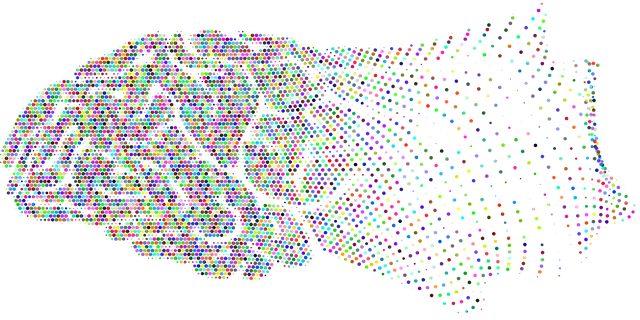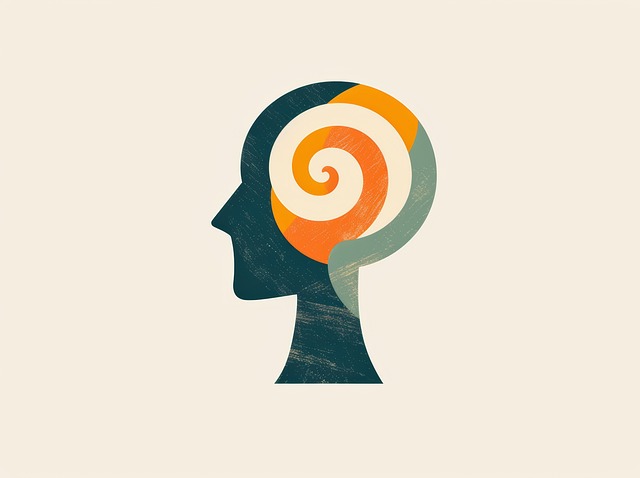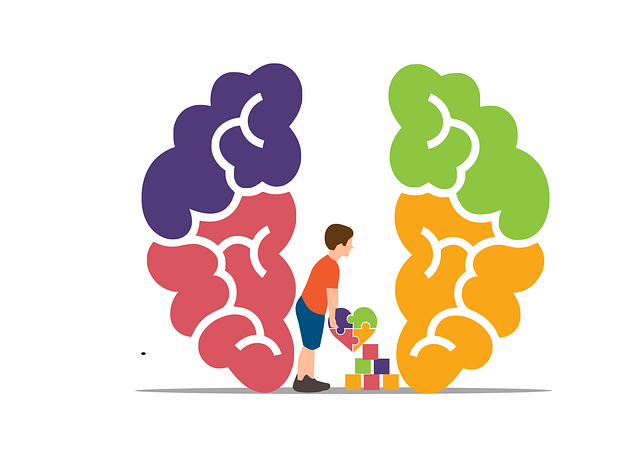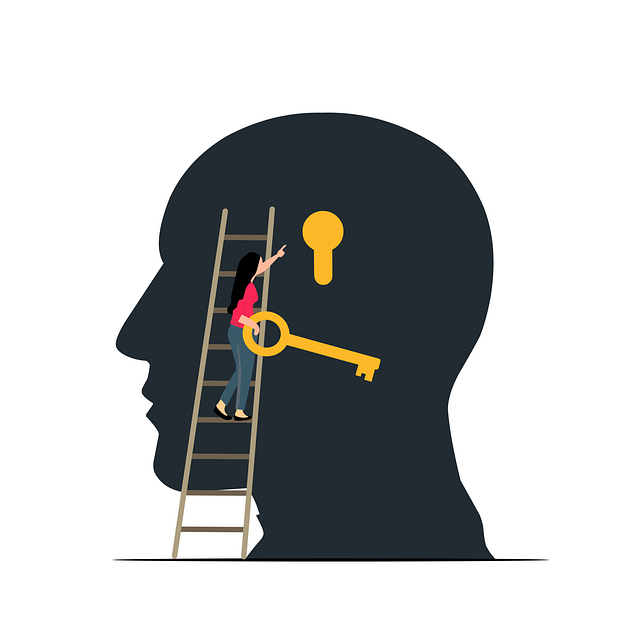Mastering mood regulation is a powerful tool for recovering from Lafayette alcohol abuse, breaking negative emotion cycles that lead to substance coping. Strategies like communication skills, stress management, and mindfulness practices empower individuals to navigate challenges, improve relationships, reduce mental health risks, and foster inner peace. Combining personal techniques with professional help from Lafayette Alcohol Abuse Therapy, a holistic approach targeting root causes, leads to long-term behavioral changes and emotional resilience. Community outreach and advocacy enhance accessibility to resources for effective mood management.
Mood regulation is a vital aspect of maintaining overall well-being. In this article, we explore strategies that can help manage and stabilize moods in daily life. From understanding the impact of mood regulation on mental health to implementing effective techniques, we provide insights into fostering emotional balance. Additionally, we highlight Lafayette Alcohol Abuse Therapy’s comprehensive approach, offering specialized care for those seeking to navigate and improve their mood regulation skills.
- Understanding Mood Regulation and Its Impact on Well-being
- Effective Strategies for Managing Moods in Everyday Life
- Lafayette Alcohol Abuse Therapy: A Comprehensive Approach to Mood Regulation
Understanding Mood Regulation and Its Impact on Well-being

Understanding Mood regulation is crucial for maintaining optimal well-being. It involves managing and stabilizing emotions to achieve a balanced state that enhances overall quality of life. Effective mood regulation strategies empower individuals to navigate life’s challenges, foster positive relationships through improved communication (Communication Strategies), and reduce risks of mental health issues like depression or anxiety. By learning these techniques, one can break free from negative cycles, improve resilience, and cultivate a deeper sense of inner peace.
For those struggling with alcohol abuse in Lafayette, proper mood regulation becomes even more critical. Alcohol often masks underlying emotional distress, leading to its exacerbation when the substance’s effects wear off. Therefore, integrating healthy mood regulation strategies is a key component of successful long-term recovery. This might involve exploring conflict resolution techniques (Conflict Resolution Techniques) to handle interpersonal tensions without resorting to alcohol, practicing stress management techniques to cope with life’s pressures, and adopting mindfulness practices to foster present-moment awareness and emotional balance.
Effective Strategies for Managing Moods in Everyday Life

Managing moods effectively is a vital skill for maintaining mental well-being and enhancing overall quality of life. In today’s fast-paced world, where stress and anxiety are prevalent, incorporating strategies to regulate emotions can significantly impact our daily experiences. Simple yet powerful techniques such as mindfulness meditation, regular physical activity, and keeping a gratitude journal have been shown to be effective tools for emotional management. Practicing mindfulness helps individuals stay grounded in the present moment, reducing reactive responses to negative emotions. Engaging in physical activities like yoga or even a brisk walk releases endorphins, improving mood and promoting relaxation.
Additionally, fostering inner strength through self-care practices is crucial. This may involve setting boundaries, prioritizing quality sleep, and engaging in hobbies that bring joy. For those seeking more comprehensive support, Lafayette Alcohol Abuse Therapy offers specialized programs tailored to individual needs. Community outreach programs and mental health policy analysis and advocacy also play a significant role in promoting accessible resources for mood regulation. By combining personal strategies with professional support when needed, individuals can navigate life’s challenges with greater emotional resilience.
Lafayette Alcohol Abuse Therapy: A Comprehensive Approach to Mood Regulation

Lafayette Alcohol Abuse Therapy offers a comprehensive approach to mood regulation, targeting the root causes of alcohol abuse and its associated mental health issues. This holistic treatment program recognizes that addressing substance abuse is intricately linked with managing and improving an individual’s overall mood and well-being. Through individualized therapy sessions, clients engage in a process that goes beyond mere symptom relief, focusing on long-term behavioral changes and emotional resilience.
The therapy centers around evidence-based practices tailored to each client’s unique needs, incorporating techniques from Mental Health Policy Analysis and Advocacy to foster systemic change. Additionally, burnout prevention strategies for healthcare providers are integrated into the treatment plan, ensuring that both patients and therapists receive adequate support during their journey. The program also emphasizes the importance of Mental Health Education Programs Design, empowering individuals with knowledge and skills to maintain stability and promote positive mental health in their daily lives.
In understanding the profound impact of mood regulation on overall well-being, individuals now have a plethora of effective strategies at their disposal. From cognitive techniques to holistic approaches like Lafayette Alcohol Abuse Therapy, managing moods has become more accessible and comprehensive than ever before. By integrating these methods into daily life, people can navigate emotional challenges with greater resilience and achieve a sense of balance that fosters both mental and physical health.













